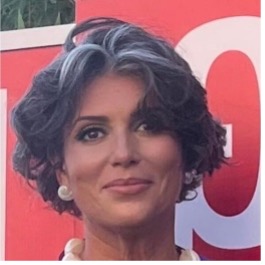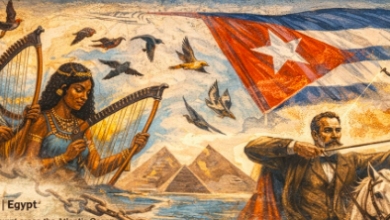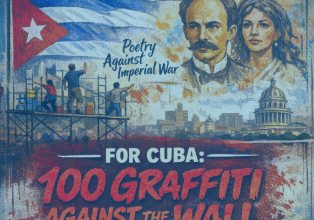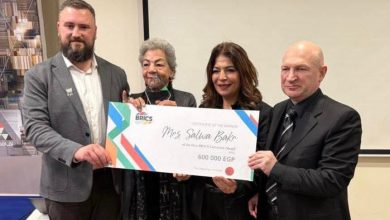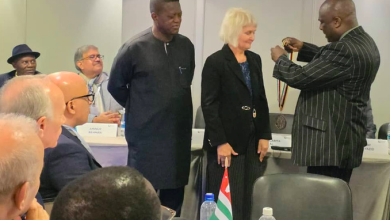THE ARCTIC AS A LABORATORY FOR THE GLOBAL FUTURE
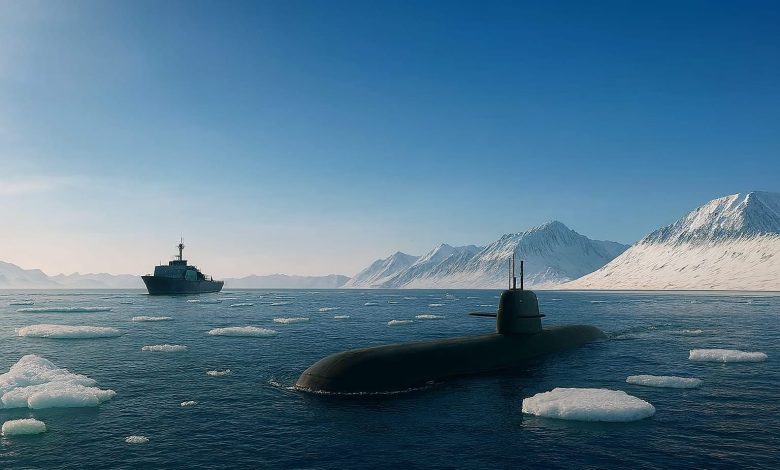
Venice, September , 2025: New multidisciplinary study published on climate change, geopolitics and indigenous peoples. The Arctic of the 21st century remains one of the most dynamic and complex theatres of global change, at the centre of unprecedented environmental transformations and growing geopolitical rivalries that are redefining the global balance of power. This is what emerges from the new study ‘The Arctic’ by Giovanni Tonini and Cecilia Sandroni, a multidisciplinary analysis that examines how environmental changes are creating new opportunities and challenges, intertwined with emerging geopolitical dynamics.
EXTREME CLIMATE ACCELERATION
The research documents how Arctic warming is proceeding at a rate four times higher than the global average, with updated estimates anticipating the total disappearance of Arctic ice in summer by about two decades, now possible as early as 2027. The phenomenon of ‘Atlantification’ – the massive influx of warmer Atlantic waters into the Arctic oceans – is irreversibly transforming polar ecosystems, with devastating consequences for wildlife and indigenous populations.
NEW GEOPOLITICAL BALANCES
The opening of new sea routes is revolutionising global trade. The Northern Sea Route reduces the distance between Asia and Europe by about 4,000 nautical miles compared to the Suez Canal, promising savings of $91 billion a year in transport costs. At the same time, the Arctic holds huge deposits of rare earths and hydrocarbons that are reshaping the strategies of the major powers.
- Russia maintains a dominant role with 32 permanent military bases and the world’s most advanced fleet of nuclear icebreakers. The United States has relaunched its Arctic presence with investments of over £80 billion over the next five years. China, while not properly an Arctic nation, defines itself as a ‘quasi-Arctic state’ and pursues a strategy that combines scientific cooperation and energy partnerships.
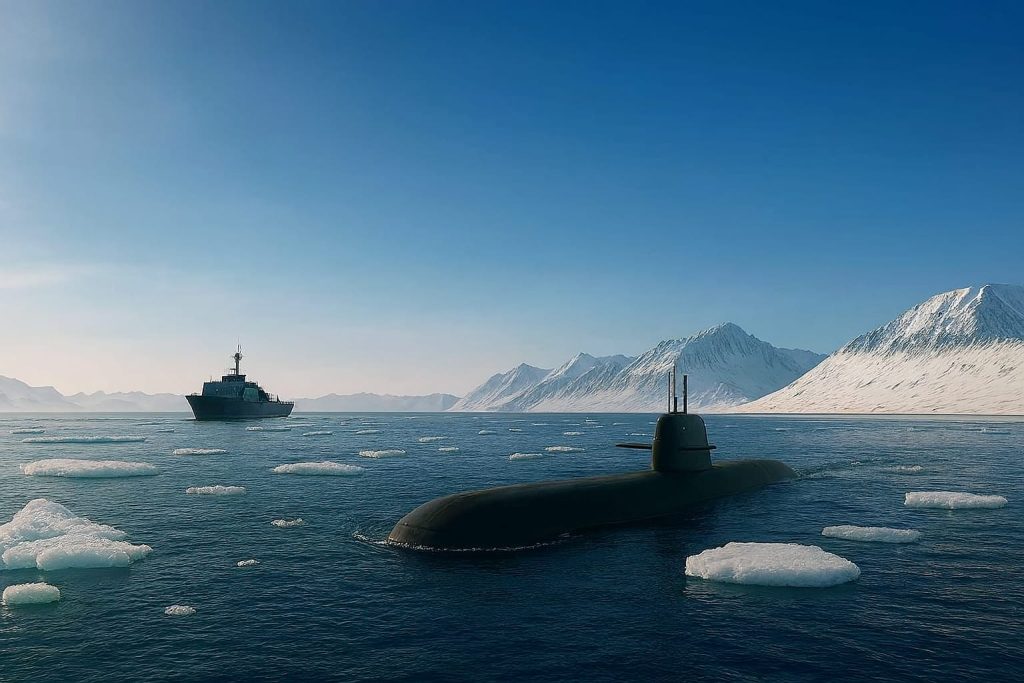
CRISIS IN INTERNATIONAL COOPERATION
The study highlights the collapse of the Arctic Council following Russia’s invasion of Ukraine, marking the end of more than three decades of multilateral cooperation. Over 150 collaborative research projects have been halted, compromising the ability to understand and predict Arctic climate change at a time of greatest urgency.
INDIGENOUS PEOPLES ON THE FRONT LINE
Four million people belonging to indigenous communities live in the Arctic, finding themselves on the front line of both climate impacts and geopolitical pressures. The study emphasises how their millennia-old ecological knowledge represents an indispensable strategic asset, while highlighting the threats to their culture and livelihoods.
BIOTECHNOLOGY AND INNOVATION
The research documents revolutionary innovations, from antifreeze proteins extracted from Arctic organisms that could transform the preservation of organs for transplantation, to geoengineeringprojects for the artificial refreezing of the Arctic. At the same time, new health threats are emerging from the thawing of permafrost, which is releasing ancient pathogens and ‘zombie’ viruses preserved for millennia.
FUTURE SCENARIOS
The authors outline three possible scenarios for 2050:
• Multilateral cooperation with strengthened institutions
• Controlled competition with regional spheres of influence
• Conflict and fragmentation with military escalation
In all cases, decisions about the Arctic will shape the global climate and geopolitical future.
URGENCY FOR COORDINATED ACTION
“The Arctic is emerging as a living laboratory where global changes are amplified,” the authors conclude.
“A new governance paradigm is needed that combines environmental sustainability, social justice and geopolitical stability, recognising the shared planetary responsibility in addressing this epochal transformation.”
The work is an essential contribution to understanding how a once marginal region has become central to the future of humanity, requiring urgent and coordinated responses from the international community.
Link to the full paper:
https://www.italienspr.com/focus-artico/
Cecilia Sandroni
Fondatrice della Piattaforma internazionale ItaliensPR e membro della Foreign Press di Roma come Italienspr (italienspr.com/global press).
Per formazione semiotico del teatro, è esperta di relazioni internazionali nella comunicazione.
Le sue competenze spaziano dal teatro-cinema, alla fotografia, all’arte e al restauro, con particolare passione per i diritti umani.
Indipendente, creativa e concreta, ha collaborato con importanti istituzioni italiane e straniere per la realizzazione di progetti culturali e civili.
Founder of the international platform ItaliensPR and member of the Foreign Press in Rome as Italienspr (italienspr.com/global press).
Trained in theatre semiotics, she is an expert in international relations in communication.
Her skills range from theatre and cinema to photography, art and restoration, with a particular passion for human rights.
Independent, creative and practical, she has collaborated with important Italian and foreign institutions on cultural and civil projects.

